Movies
Latest about Movies
-
-
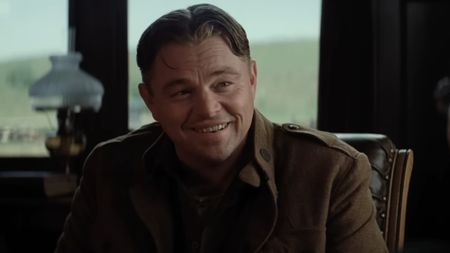
Leonardo DiCaprio Has Some Advice For Working With Martin Scorsese That's Straight Out Of 1999
By Adam Holmes Published
-
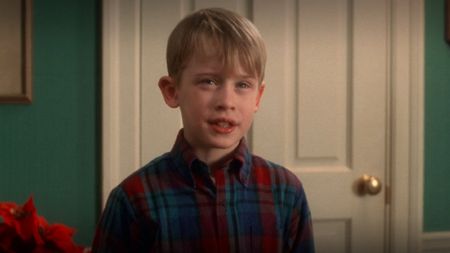
Macaulay Culkin Talks About Watching Home Alone With His Kids, And I Love How He Trolls Them
By Dirk Libbey Published
-
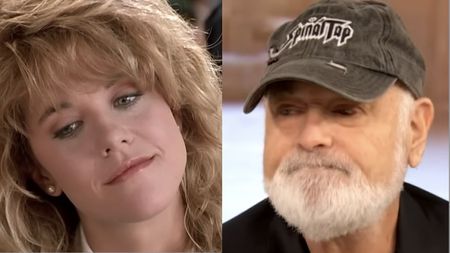
'Their Story Will Not End With This Impossible Tragedy.' Meg Ryan Opens Up After Rob Reiner And Wife Michelle's Murders
By Riley Utley Published
-
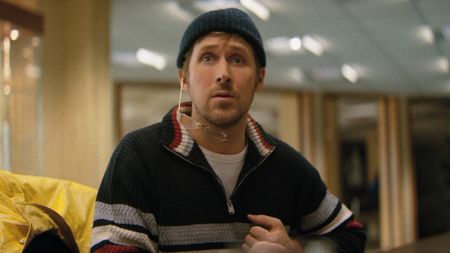
Upcoming Movies In 2026: New Movie Release Dates
By Philip Sledge Last updated
-
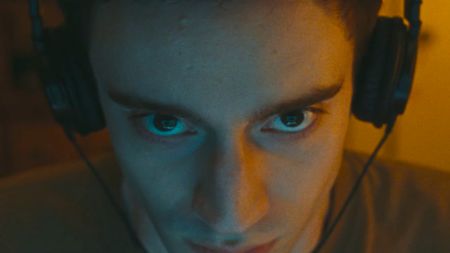
One Of The Bear's Writers Just Made A Psychological Thriller, And It's The Most Intense Thing I've Watched All Year
By Philip Sledge Published
-
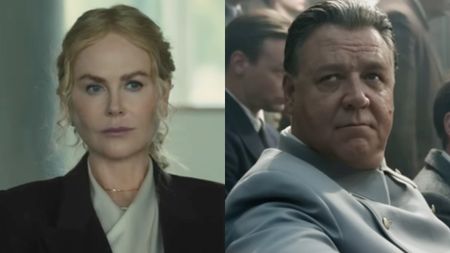
I’m Not Sure About All Those Rumors Running Around, But Nicole Kidman And Russell Crowe Are Definitely Friends
By Riley Utley Published
-
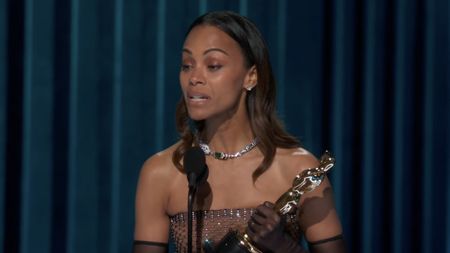
I'm Gobsmacked The Oscars Will Be Jumping To YouTube In A Few Years, But The Details Do Sound Win-Win
By Dirk Libbey Published
-
Explore Movies
Box Office
-
-

Five Nights At Freddy's 2 Bombs Hard In Its Second Box Office Weekend As Zootopia 2 Returns To The Top Spot
By Eric Eisenberg Published
-
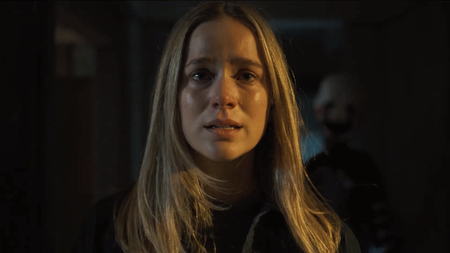
Five Nights At Freddy's 2 Survives Drubbing From Critics And Easily Wins The Weekend Box Office... But It's Not All Good News
By Eric Eisenberg Published
-

Zootopia 2 Surpasses $550 Million Globally, Running Wild At The Box Office Over Thanksgiving Weekend
By Heidi Venable Published
-
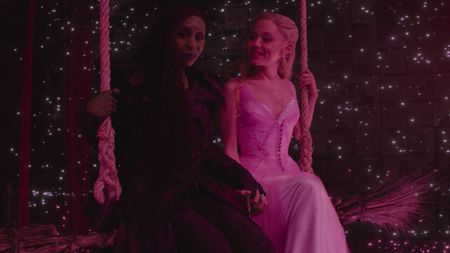
Rejoicify! Wicked: For Good Smashes Records At The Weekend Box Office, But It’s Bad News For The Running Man
By Heidi Venable Published
-
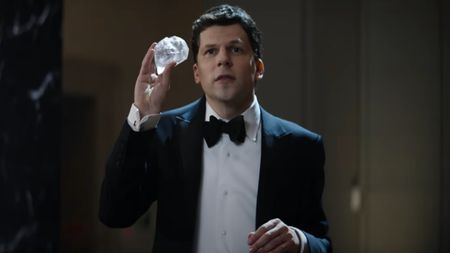
Now You See Me: Now You Don’t Conjures A Win At The Weekend Box Office While The Running Man Lags Behind
By Eric Eisenberg Published
-
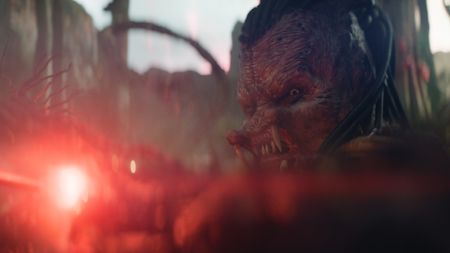
Predator: Badlands Is On Its Way To Be The Biggest Predator Movie Ever After Its Awesome Box Office Opening Weekend
By Eric Eisenberg Published
-
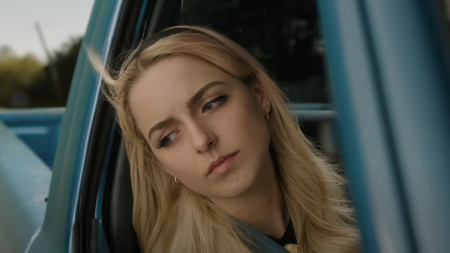
Regretting You And Black Phone 2 Battle For The Top Spot At The Box Office During An Extremely Slow Halloween Weekend
By Eric Eisenberg Published
-
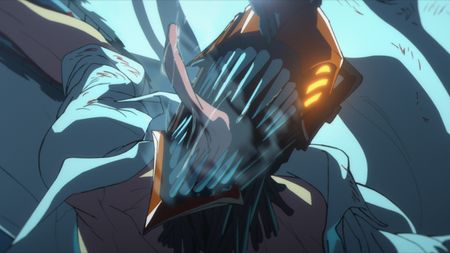
Anime Rules The Box Office Again As Chainsaw Man – The Movie: Reze Arc Tears Through The Competition
By Eric Eisenberg Published
-
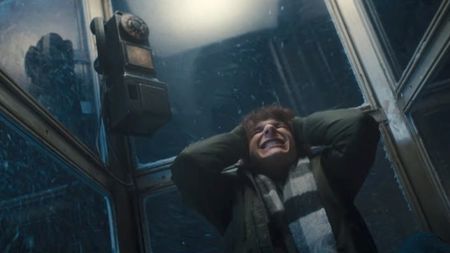
Black Phone 2 Rings Loudly In Its Box Office Opening Weekend While Tron: Ares Crashes And Derezzes
By Eric Eisenberg Published
-
Features
-
-

4 Women Of Color Who Were Snubbed By The 2026 Golden Globe Nominations
By Corey Chichizola Published
-
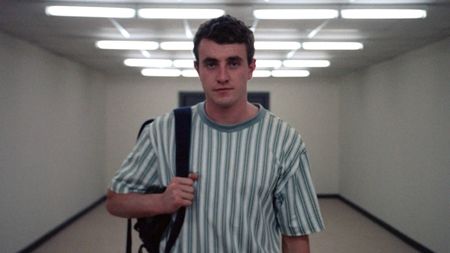
The Best Free Movies Online And Where To Watch Them
By Jason Wiese Last updated
-
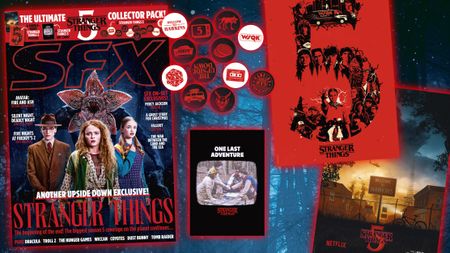 New Issue
New IssueTurn your world Upside Down with the latest issue of SFX – a Stranger Things Collector Pack
By Ian Berriman Published
-
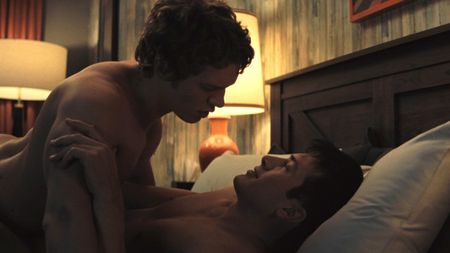
I'm Watching Heated Rivalry, And I'm So Glad There's Finally A Smutty TV Show For Queer Folks
By Corey Chichizola Published
-
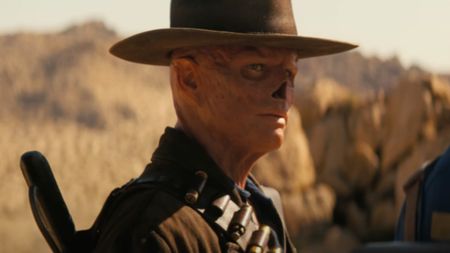
Upcoming Video Game Movies And Shows I Can’t Wait To See In 2025 And Beyond – Fallout Season 2, Mortal Kombat II, And More
By Philip Sledge Last updated
-
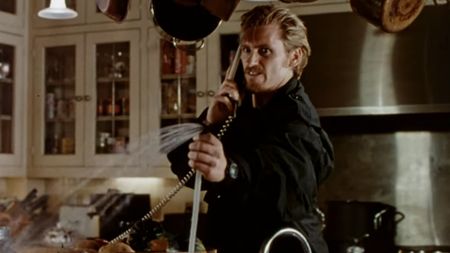
I Rewatch The Ref Every Year For Christmas. Why More People Need To Have It On Their Holiday Watch List
By Hugh Scott Published
-
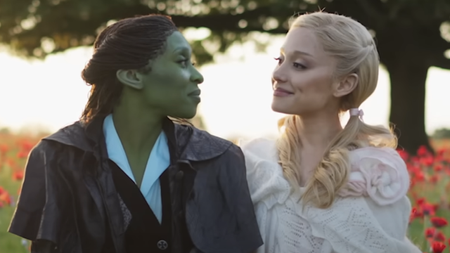
I Saw Wicked: For Good With A Group Of Mourning Theater Friends, And It Was Just The Emotional Boost We All Needed
By Corey Chichizola Published
-

Upcoming Horror Movies: All The New Scary Movies Coming Out In 2025 And Beyond
By Sarah El-Mahmoud Last updated
-

LEGO's Willy Wonka Set Looks Scrumdiddlyumptious (And I Want It Now)
By Hugh Scott Published
-
More about Movies
-
-

I'm Gobsmacked The Oscars Will Be Jumping To YouTube In A Few Years, But The Details Do Sound Win-Win
By Dirk Libbey Published
-
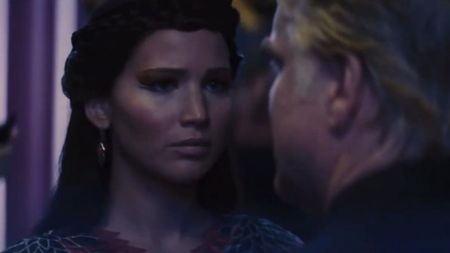
'I Was Hallucinating:' That Time Jennifer Lawrence Accidentally Took An Ambien While Filming A Hunger Games Movie
By Corey Chichizola Published
-

Zack Snyder And James Gunn Threw Back To Their Dawn Of The Dead Collab With Gnarly Pics, And Fans Are Swooning
By Dirk Libbey Published
-